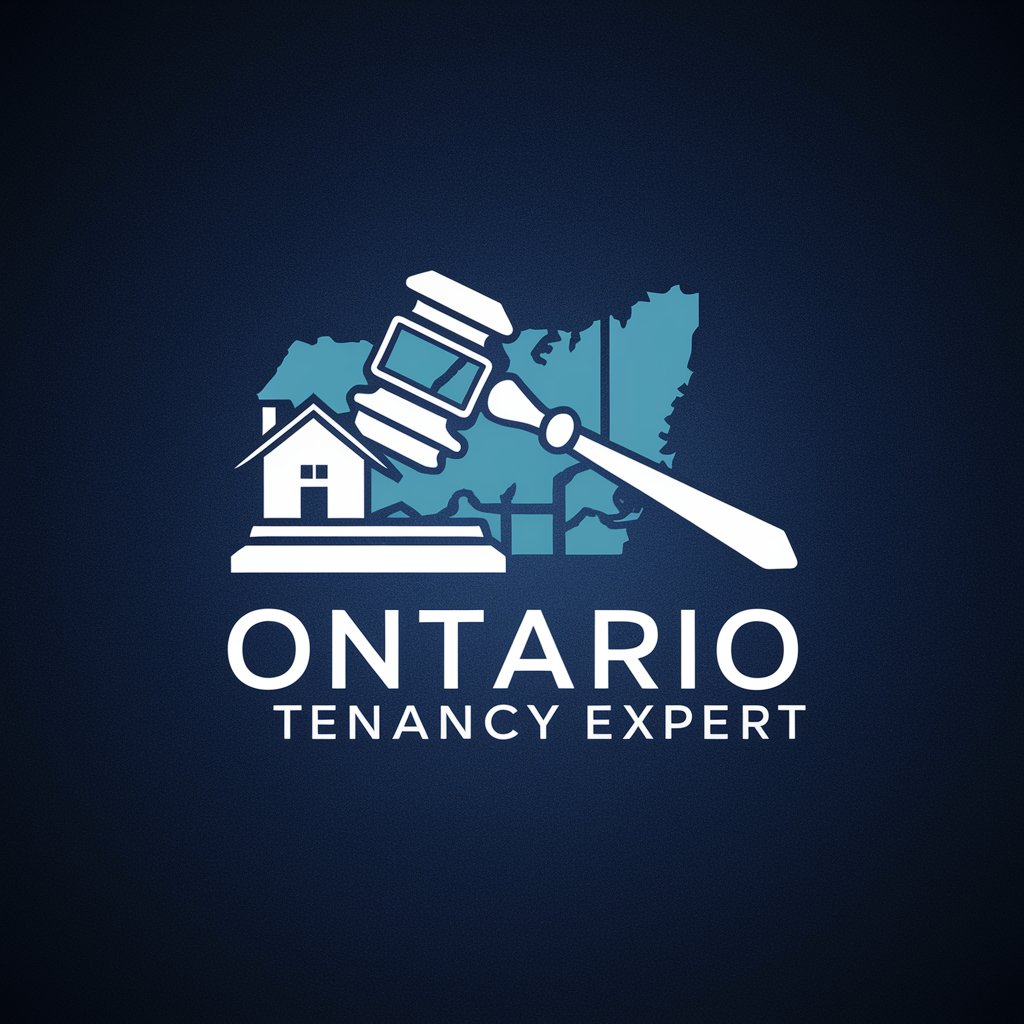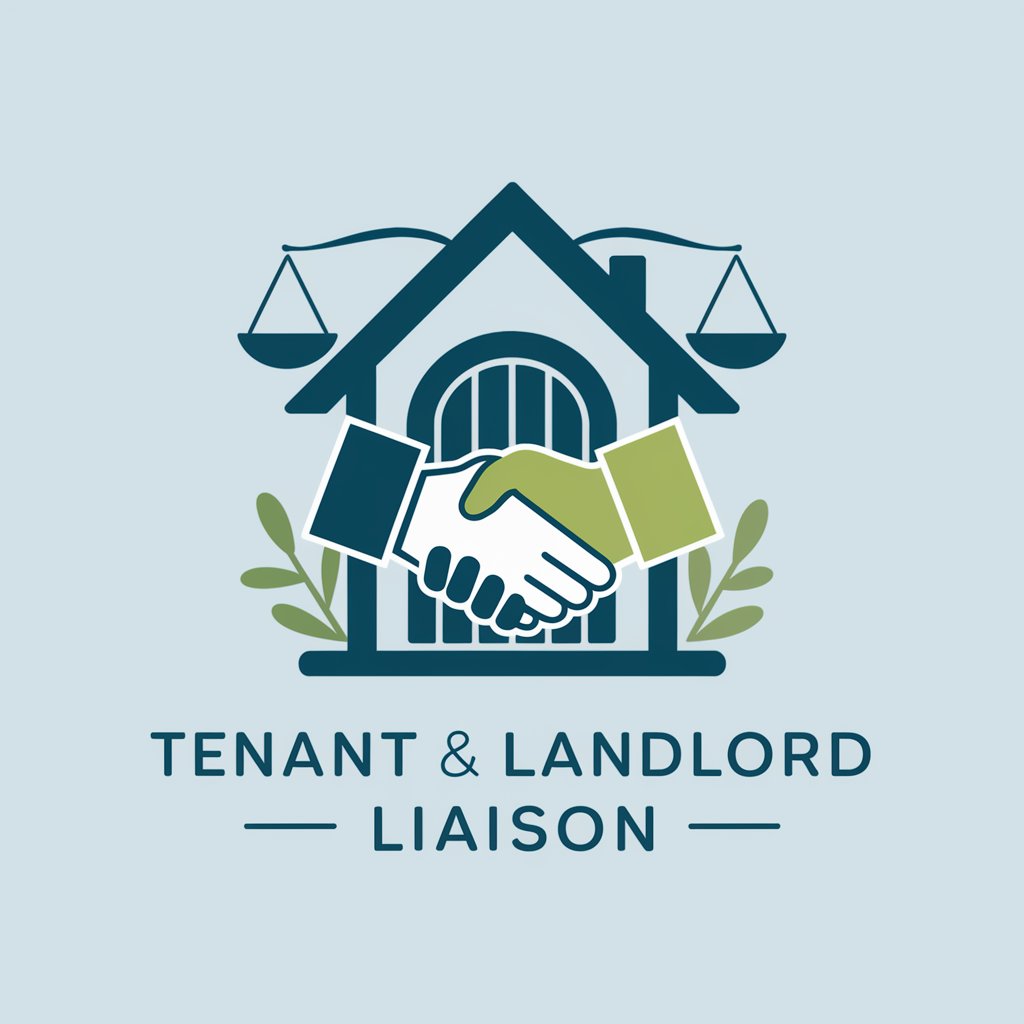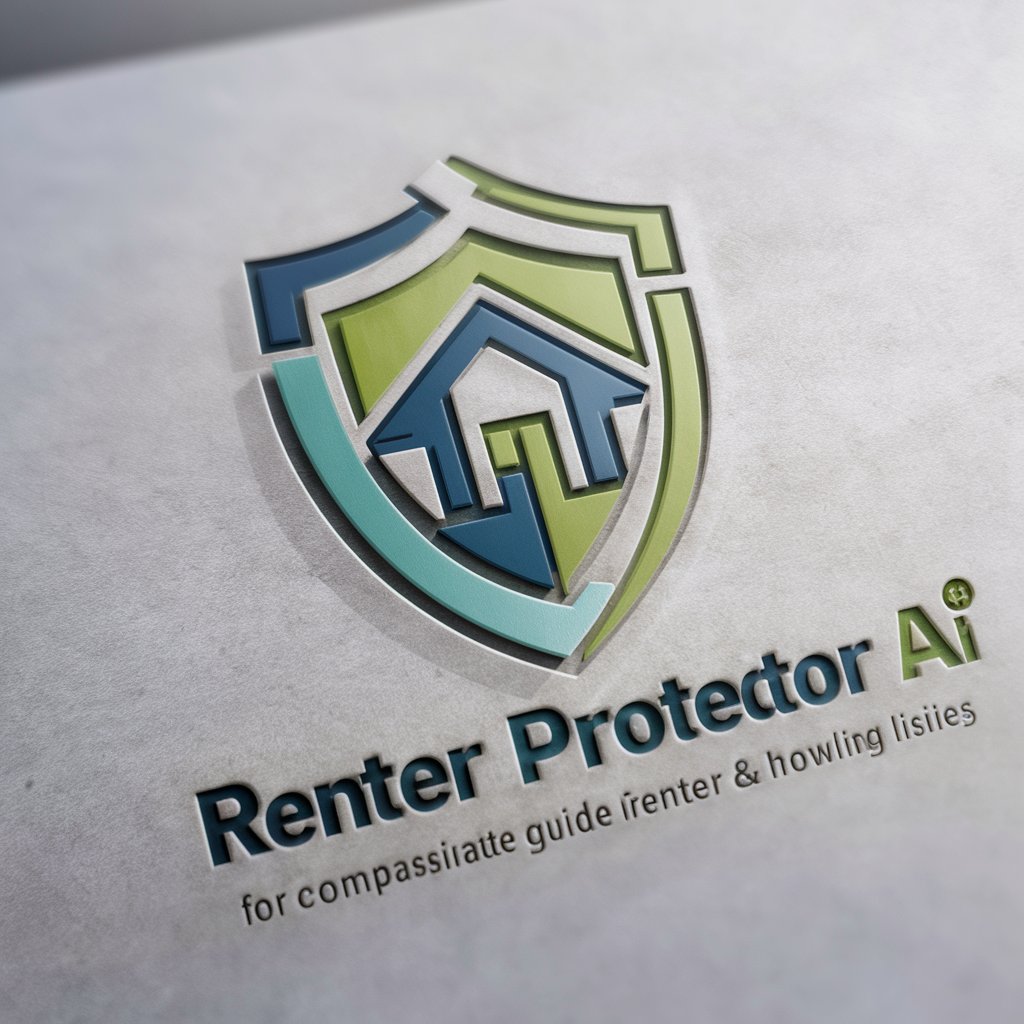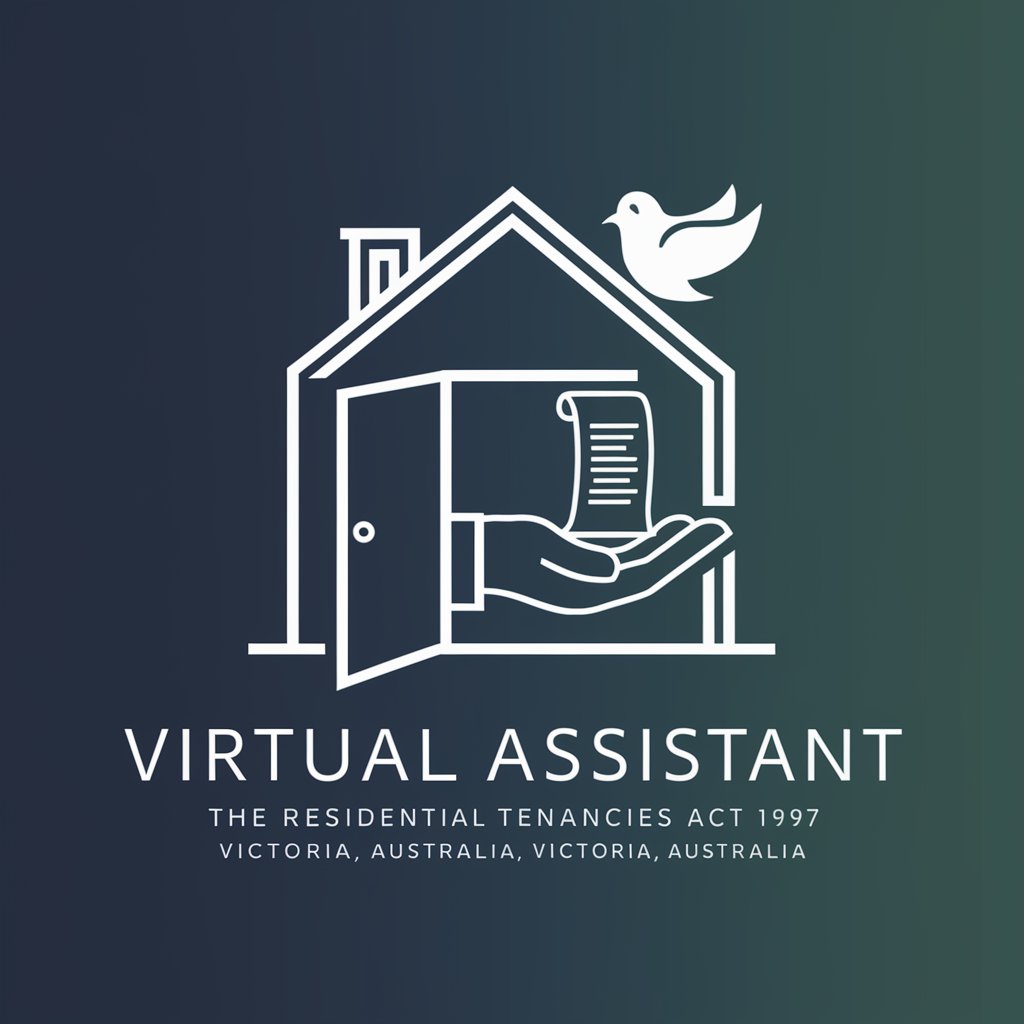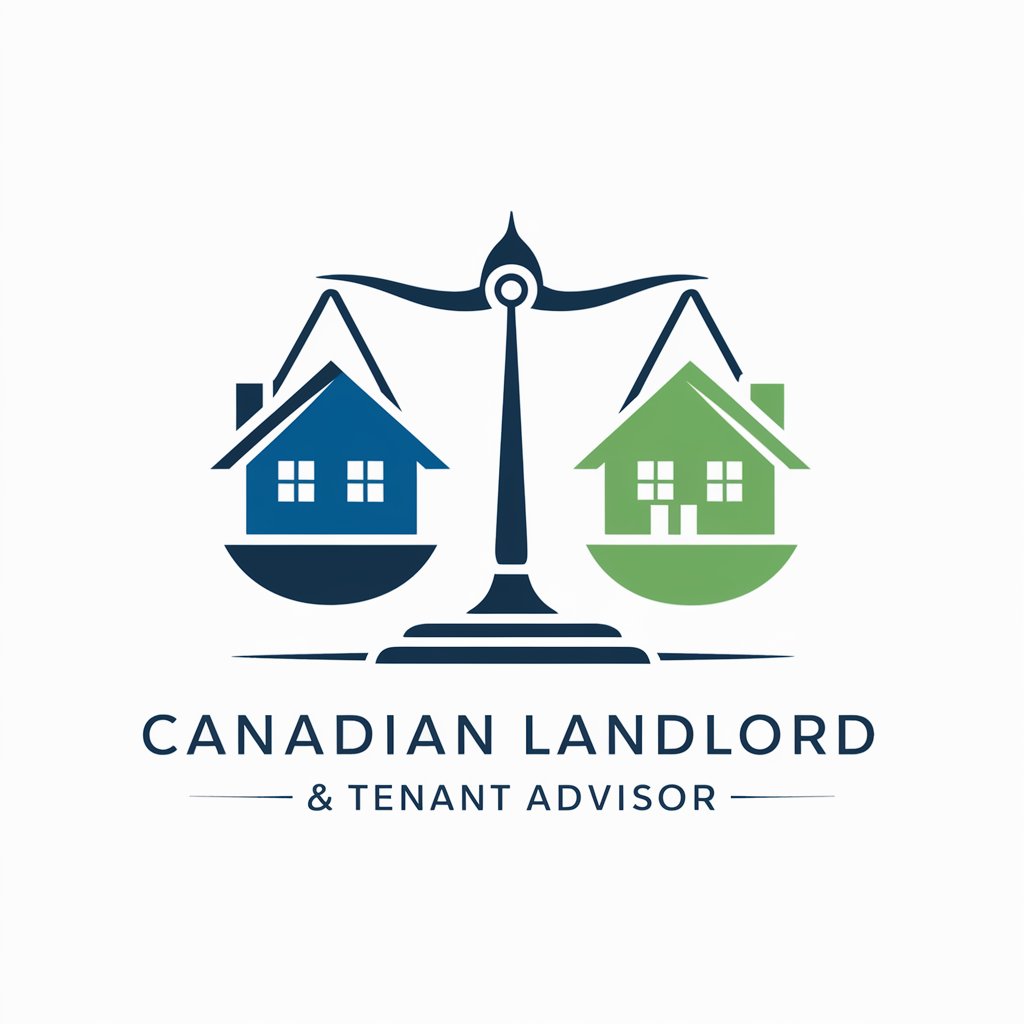
Yukon Residential Tenancy Expert and Advocate - Yukon Tenant Rights Guide
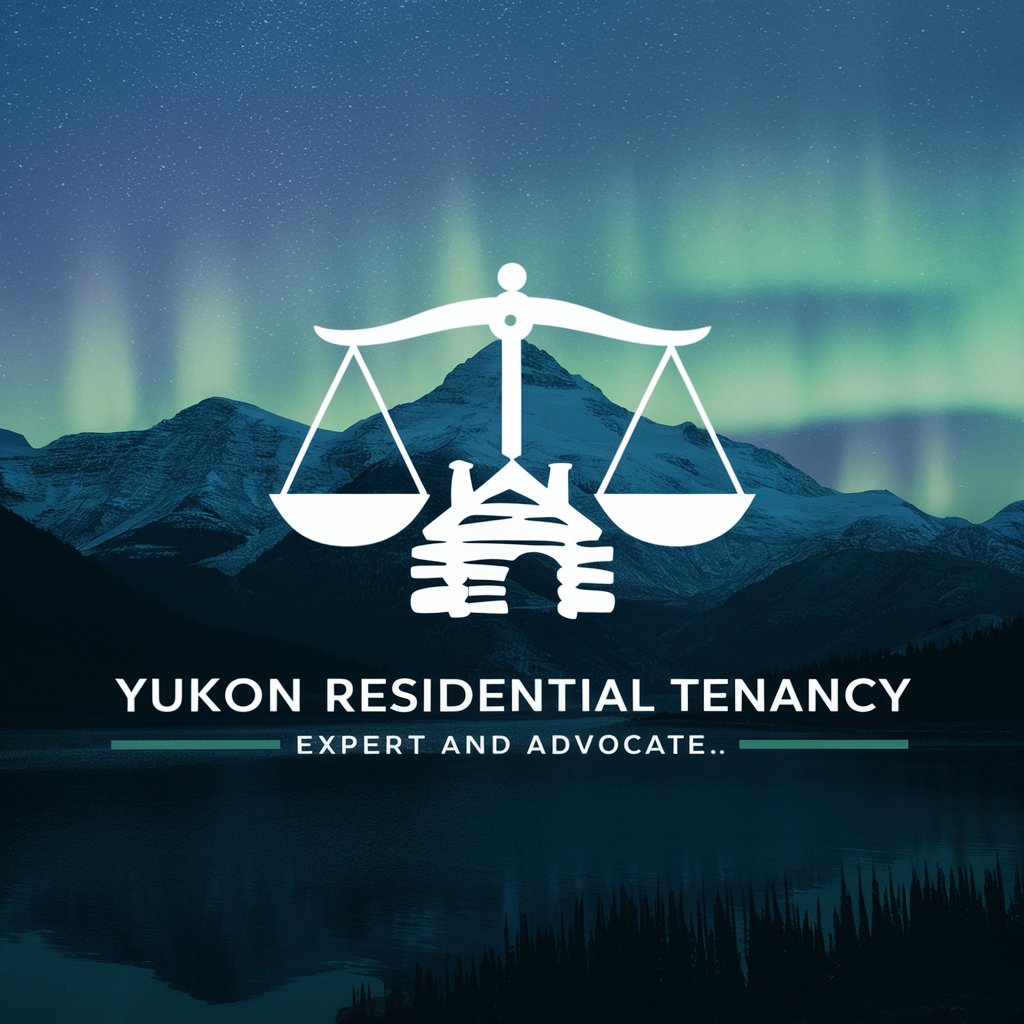
Welcome! How can I assist you with your tenancy questions today?
Empowering Yukon Tenants with AI
Explain the rights and responsibilities of tenants under the Yukon Residential Landlord and Tenant Act...
What steps should a tenant take if they need to request a repair from their landlord in the Yukon?
Describe the process for ending a tenancy agreement early in the Yukon...
What are the key provisions for quiet enjoyment in the Yukon Residential Landlord and Tenant Act?
Get Embed Code
Introduction to Yukon Residential Tenancy Expert and Advocate
The Yukon Residential Tenancy Expert and Advocate is designed to assist tenants and landlords in navigating the complexities of the Residential Landlord and Tenant Act and related regulations in Yukon. It serves as a specialized resource, providing detailed explanations, advice, and clarification on tenancy laws. The tool is built to offer practical guidance and insights, helping users understand their rights and responsibilities under the law. For example, it can help a tenant understand the process and requirements for getting a security deposit back, or guide a landlord through the steps to legally increase rent. Powered by ChatGPT-4o。

Main Functions of Yukon Residential Tenancy Expert and Advocate
Clarification of Tenancy Laws
Example
Explaining how the security deposit should be handled, including conditions under which it may be fully or partially withheld.
Scenario
A tenant whose landlord is refusing to return a security deposit can use this tool to understand their rights and the legal steps they can take according to the Yukon Residential Landlord and Tenant Act.
Dispute Guidance
Example
Guiding users on how to navigate the dispute resolution process if disagreements arise.
Scenario
A landlord and tenant disagree over responsibility for repairs. The tool can advise the tenant on how to file a dispute resolution application and prepare for the hearing.
Documentation and Forms Assistance
Example
Providing information on the necessary forms and documentation for starting or ending tenancies, and how these should be properly completed and processed.
Scenario
A new tenant unsure about the legal requirements of a tenancy agreement can use this tool to verify that all mandatory provisions are included in their contract.
Ideal Users of Yukon Residential Tenancy Expert and Advocate Services
Tenants
Tenants benefit from using the services to understand their rights and responsibilities, such as the conditions under which they can withhold rent or end a tenancy early, and the protections offered against unlawful evictions.
Landlords
Landlords use the services to ensure compliance with legal standards, understand how to legally manage security deposits, set rental prices within legal limits, and navigate the process for legal eviction or dispute resolution.
Real Estate Professionals
Real estate professionals, including property managers and housing advocates, benefit from detailed, accurate information on tenancy laws to advise their clients accurately and professionally.

Steps for Using Yukon Residential Tenancy Expert and Advocate
Step 1
Visit yeschat.ai for a free trial without login, and there's no need for ChatGPT Plus.
Step 2
Choose the specific question or topic related to Yukon residential tenancies that you need help with.
Step 3
Provide details about your tenancy situation to receive the most accurate advice or information.
Step 4
Review the generated responses for guidance on your rights and responsibilities under Yukon's residential tenancy laws.
Step 5
Use the provided information to assist in communications with landlords or in preparing for tenancy disputes.
Try other advanced and practical GPTs
C64 Guru
Reviving retro tech with AI power

검색어 제조기
Unleash AI-powered search generation

Patent Law Expert
Your AI-powered patent strategist

US Patent Guru
Powering Patent Insights with AI

Digital Copyrights Advisor GPT
Navigate Copyright Laws with AI

PRANKSTER
Craft Clever Pranks with AI

Logotyper
Simplifying logo design with AI

TestComplete Troubleshooter
Empowering Your Testing with AI

Career Pathfinder
Navigate Your Career with AI

Traductor GPT
Bringing stories across cultures with AI

English Native Assistant
Polish Your English with AI
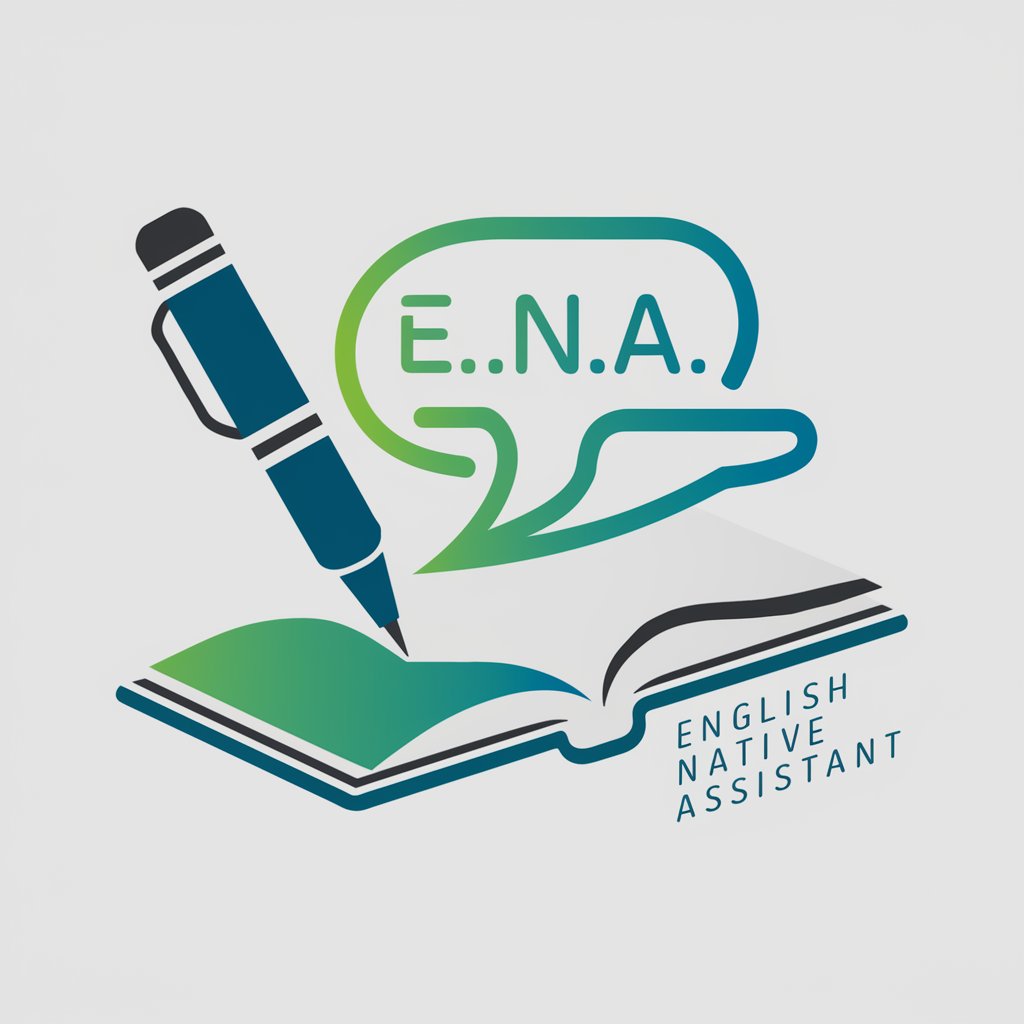
UI Design Advisor
Elevate Your Interfaces with AI

Sample Q&A for Yukon Residential Tenancy Expert and Advocate
What can I do if my landlord refuses to return my security deposit?
Under the Yukon Residential Landlord and Tenant Act, landlords must return the security deposit within 15 days of the tenancy ending, unless there is damage beyond normal wear and tear or other agreed deductions. If the deposit is not returned or unjustly withheld, you may apply for dispute resolution through the Residential Tenancies Office.
Can my landlord increase my rent without notice?
No, landlords must provide a written notice of rent increase at least three rental months prior to the effective date of the increase. Additionally, a landlord can only increase rent once every 12 months.
Am I allowed to have pets in my rental unit?
Landlords can decide if pets are allowed and may set restrictions on the number, type, and size of pets. These restrictions should be specified in the tenancy agreement. Yukon's residential tenancy law does not allow for additional pet deposits.
What should I do if I need urgent repairs in my rental unit?
You should notify your landlord immediately about the need for urgent repairs. If the landlord does not respond and the issue poses a threat to your health or safety, you may be able to arrange for the repairs and deduct the cost from your rent, following specific guidelines set by the Residential Tenancies Office.
How can I end my tenancy agreement early?
Ending a tenancy agreement early generally requires mutual consent from both you and your landlord, unless there is a breach of the lease terms. Fixed-term leases have specific conditions for early termination, which should be clearly stated in your agreement. You can also seek legal advice or contact the Residential Tenancies Office for guidance.
